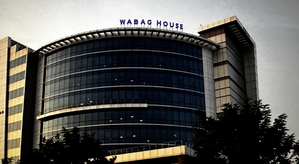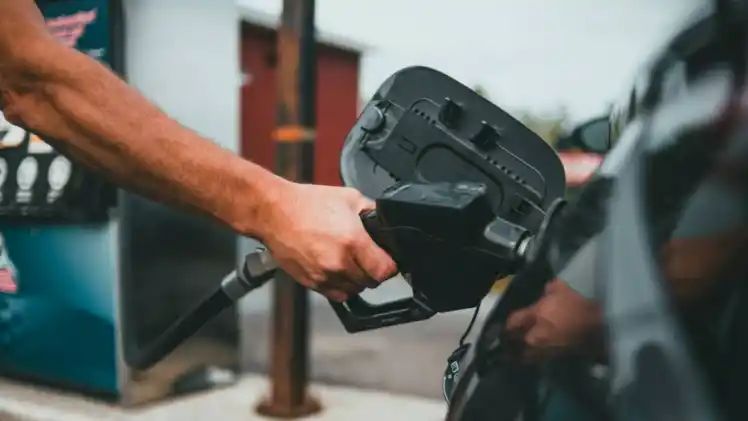Unilever is test case for ‘edible stranded assets’

High and dry. Most investors are familiar with the concept of stranded assets. By 2050, the thinking goes, oil giants like Shell and Exxon Mobil could wind up with billions of dollars in oil reserves for which there’s no demand – the fight against climate change will have rendered them redundant.
The issue for consumer goods giants like $123 billion Unilever is they may have an edible version of the same problem.
Newish Unilever boss Hein Schumacher presides over an empire with two distinct parts. There’s the well-established foods business selling staples like Marmite, and there’s the beauty, home and health care equivalent in the form of household washing and cleaning products such as Dove soap and Domestos. In 2022, food contributed nearly 14 billion euros of revenue, while the separate ice cream division – containing mainstays like Magnum, Wall’s, Cornetto and Ben & Jerry’s – added nearly 8 billion euros more. All in all, edible sales amounted to well over a third of Unilever’s 60 billion euros of 2022 group revenue.
Schumacher has inherited a company with a problem, though. Unilever shares are off 25% since late 2019, and its valuation has fallen from 15 times expected EBITDA to 11 times amid an ongoing failure to hit the group’s long-term 20% operating profit margin target. Previous boss Alan Jope was criticised for attempting to secure customers’ loyalty by making the group a champion of environmental, social and governance values: shareholder Terry Smith famously complained Unilever had “lost the plot” by feeling the need to “define the purpose of Hellmann’s mayonnaise”. That’s why Schumacher is replacing the “force-fitting” of purpose on Unilever’s products with a focus on 30 “power brands”.





